Negative emotions such as anger, fear, sadness, and chronic stress are more than just fleeting feelings—they can leave a lasting imprint on the body. Modern science increasingly recognizes the profound connection between emotional well-being and physical health, while holistic traditions have long emphasized the importance of balance in mind and body. In this article, we’ll explore how negative emotions affect the body and how natural herbs can support the healing process. Check out our recommended herbal supplements here.
The Physical Toll of Negative Emotions
When negative emotions persist, they activate the body’s stress response. This response, also known as the “fight or flight” reaction, triggers a cascade of physiological changes:
- Hormonal Imbalance: Chronic stress elevates cortisol levels, which can suppress the immune system, disrupt sleep, and impair digestion. Over time, this can lead to chronic fatigue and adrenal burnout.
- Cardiovascular Strain: Negative emotions increase heart rate and blood pressure, contributing to a higher risk of heart disease and strokes. Stress hormones like adrenaline keep the heart overworked, creating long-term strain.
- Digestive Issues: Stress and anxiety can lead to problems like acid reflux, irritable bowel syndrome (IBS), and appetite changes. The gut-brain connection is significant, and unresolved emotions often manifest as digestive discomfort.
- Weakened Immunity: Emotional distress can reduce the body’s ability to fend off infections and slow down recovery. Frequent illnesses may be a sign of emotional overload.
- Chronic Inflammation: Persistent stress and negative emotions are linked to systemic inflammation, a key factor in conditions such as arthritis, diabetes, and autoimmune diseases. Find inflammation-fighting herbal blends here.
Herbs to Support Emotional and Physical Healing
Nature offers a wealth of herbs that can help calm the mind, balance emotions, and support physical healing. Here are some of the most effective options:

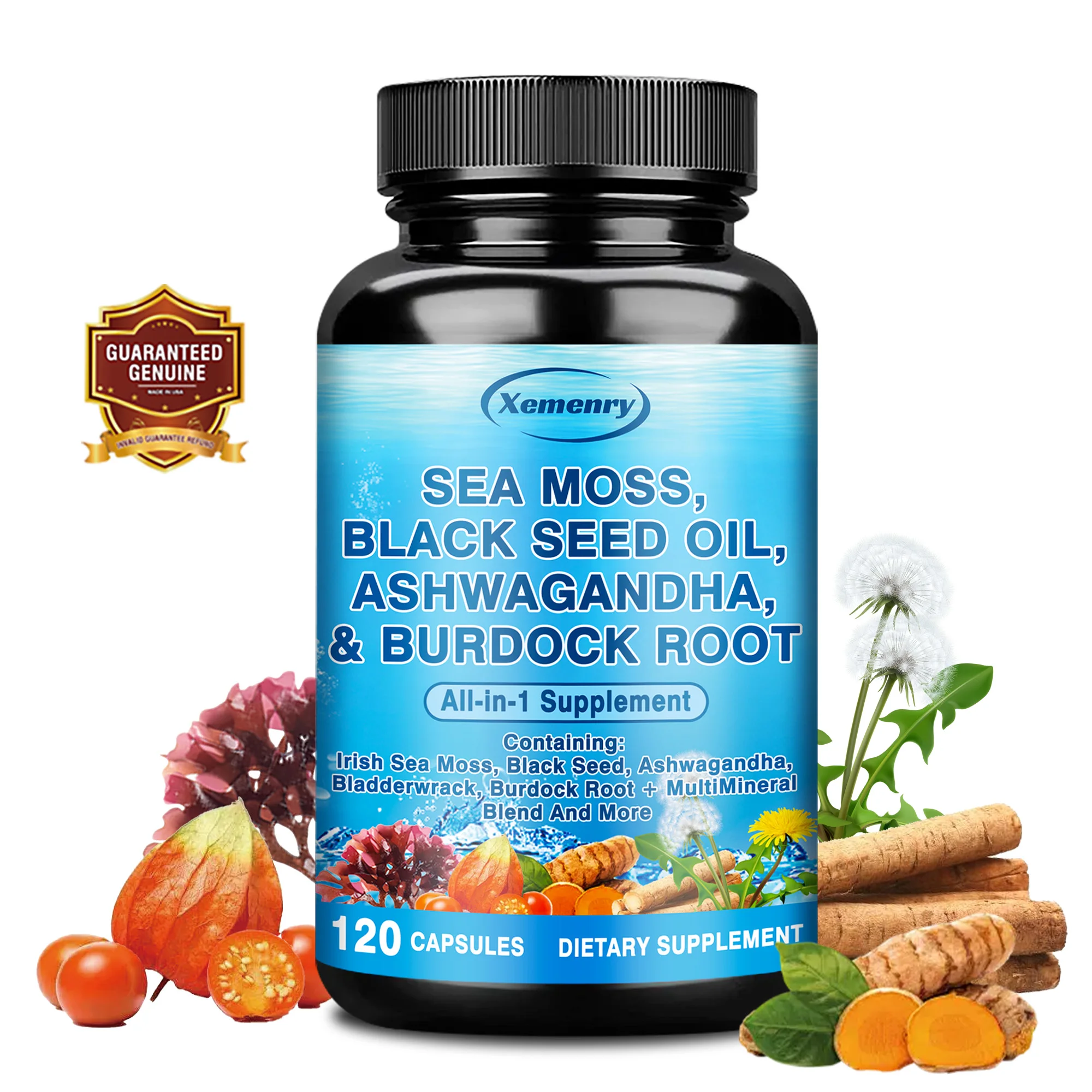
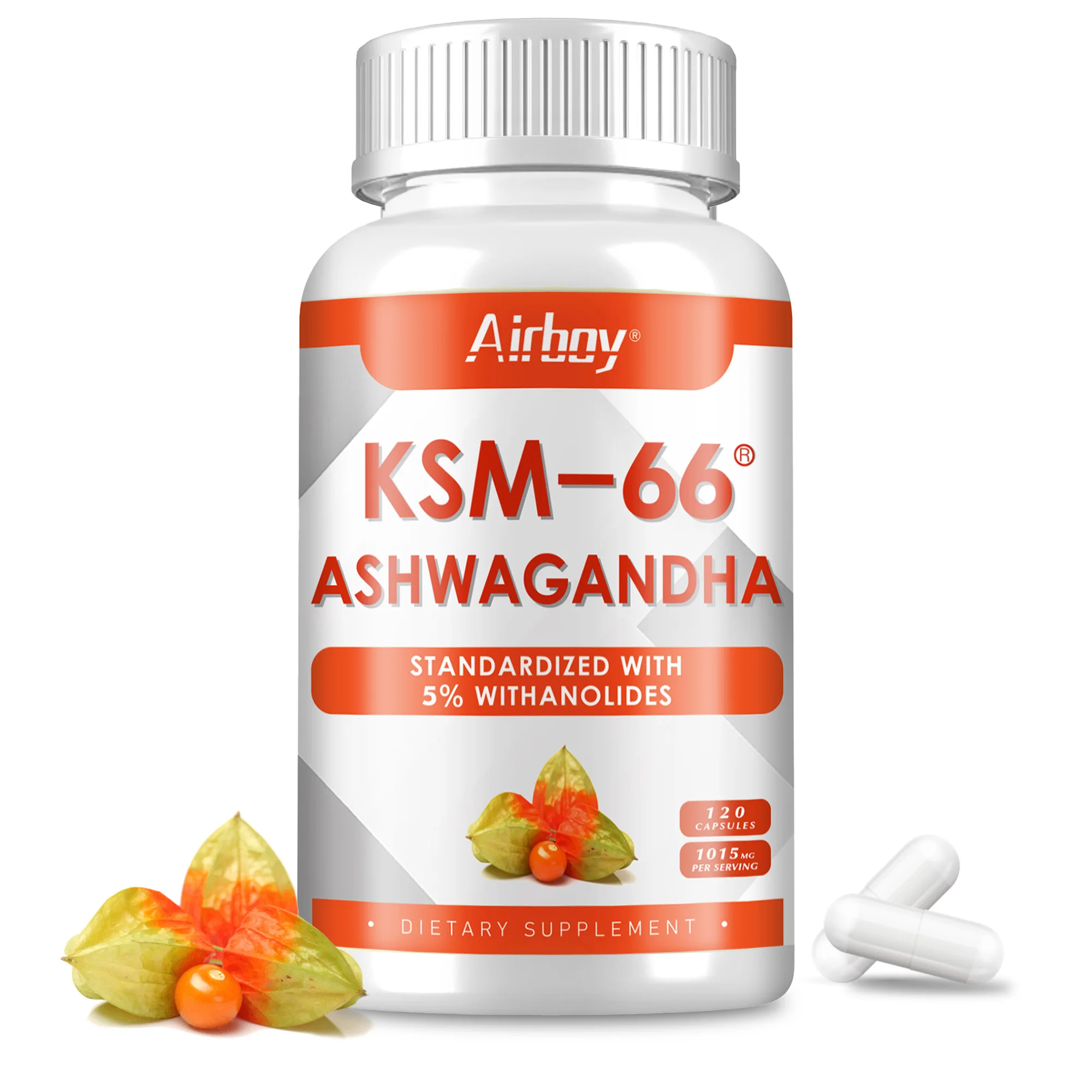

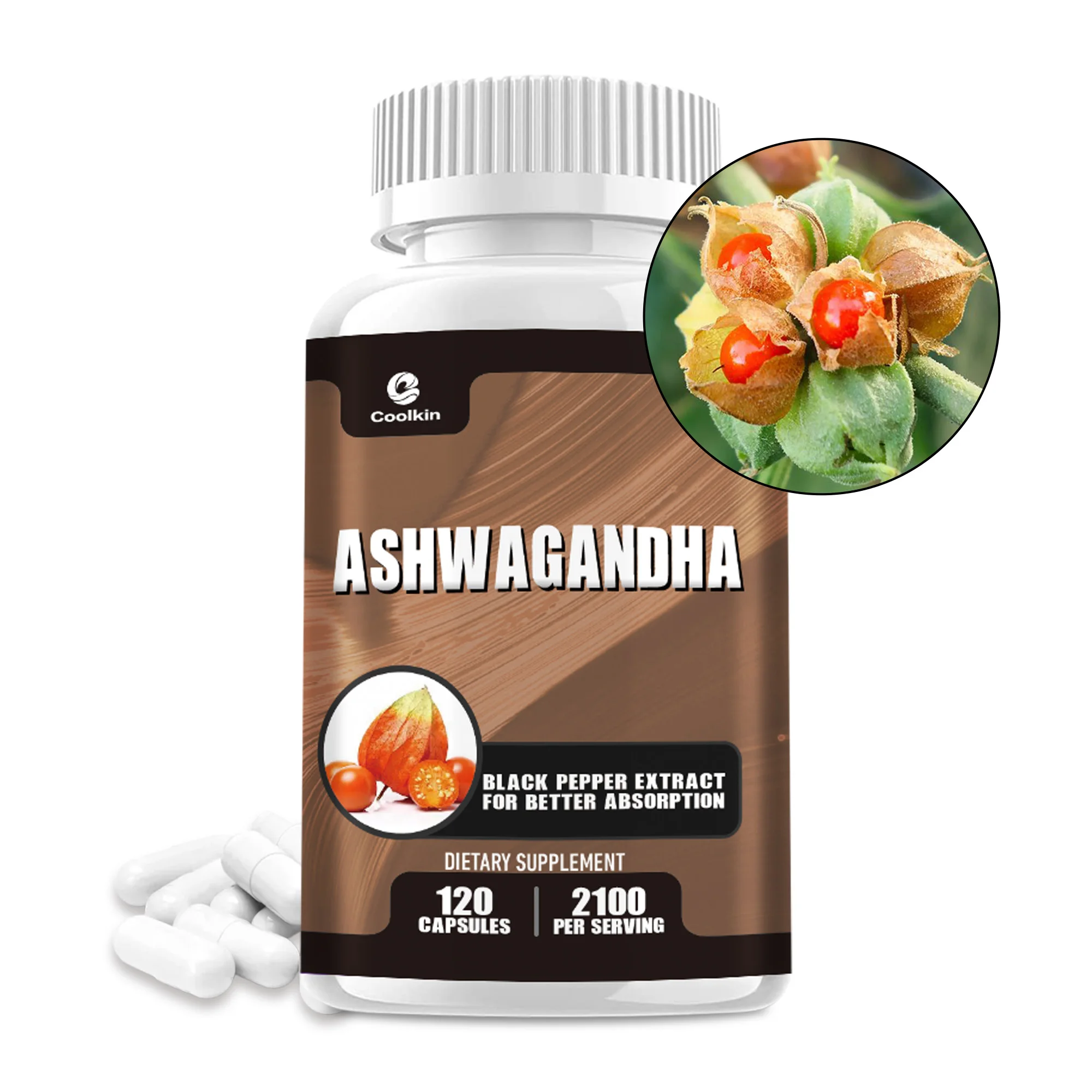
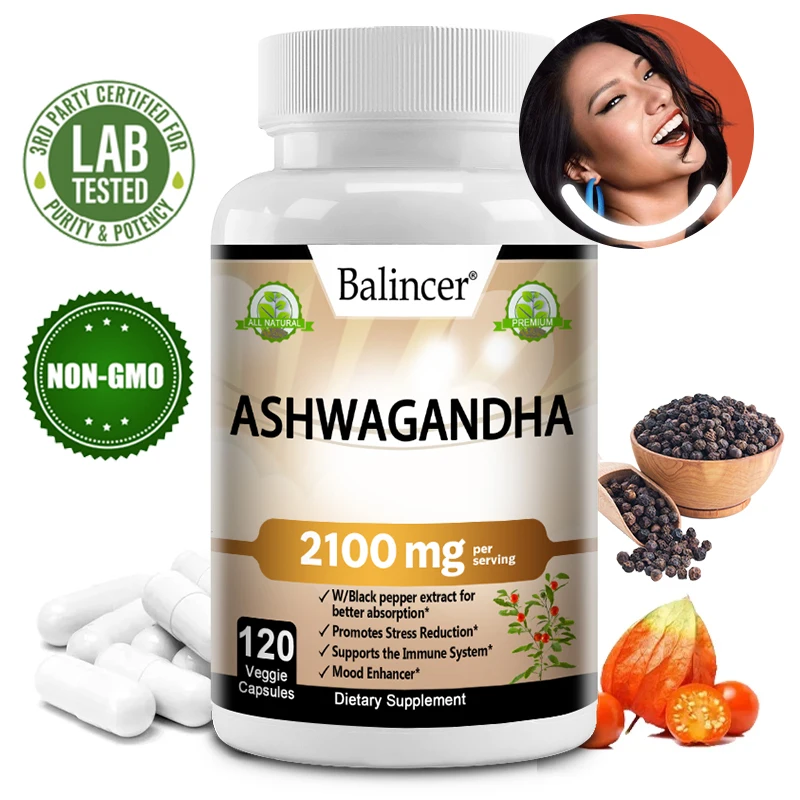
- Ashwagandha (Withania somnifera)
- Known as an adaptogen, ashwagandha helps the body manage stress by reducing cortisol levels. It also promotes better sleep and enhances resilience to emotional stressors. Shop premium ashwagandha supplements here.
- Chamomile (Matricaria chamomilla)
- A classic remedy for anxiety and insomnia, chamomile’s calming properties can soothe the nervous system and reduce muscle tension. Ideal as a tea for evening relaxation. Discover organic chamomile teas here.
- St. John’s Wort (Hypericum perforatum)
- Commonly used for mild to moderate depression, this herb supports emotional balance by boosting serotonin levels. Explore St. John’s Wort products here.
- Passionflower (Passiflora incarnata)
- Effective for anxiety and insomnia, passionflower works by increasing gamma-aminobutyric acid (GABA) levels in the brain, promoting relaxation. Browse passionflower tinctures here.
- Turmeric (Curcuma longa)
- With its potent anti-inflammatory properties, turmeric can help counteract the physical effects of chronic inflammation caused by stress. Combining it with black pepper enhances its absorption. Buy turmeric supplements here.
- Lavender (Lavandula angustifolia)
- Lavender is renowned for its ability to ease anxiety and improve mood, whether used as a tea, essential oil, or supplement. It’s also a favorite for aromatherapy. Shop lavender essential oils here.
- Lemon Balm (Melissa officinalis)
- This herb is excellent for reducing anxiety, promoting sleep, and calming digestive discomfort linked to stress. View lemon balm teas and capsules here.






Incorporating Herbs into Your Healing Routine
To make the most of these herbs, consider incorporating them into your daily routine through teas, tinctures, capsules, or essential oils. For example:
- Morning Rituals: Start the day with a calming cup of chamomile or lemon balm tea to center yourself before a busy day.
- Midday Stress Relief: Take ashwagandha or passionflower as a supplement to combat stress during hectic moments. Find midday stress relief solutions here.
- Evening Relaxation: Use lavender essential oil in a diffuser or as part of a relaxing bath routine to unwind before bed. Check out our evening relaxation kits here.

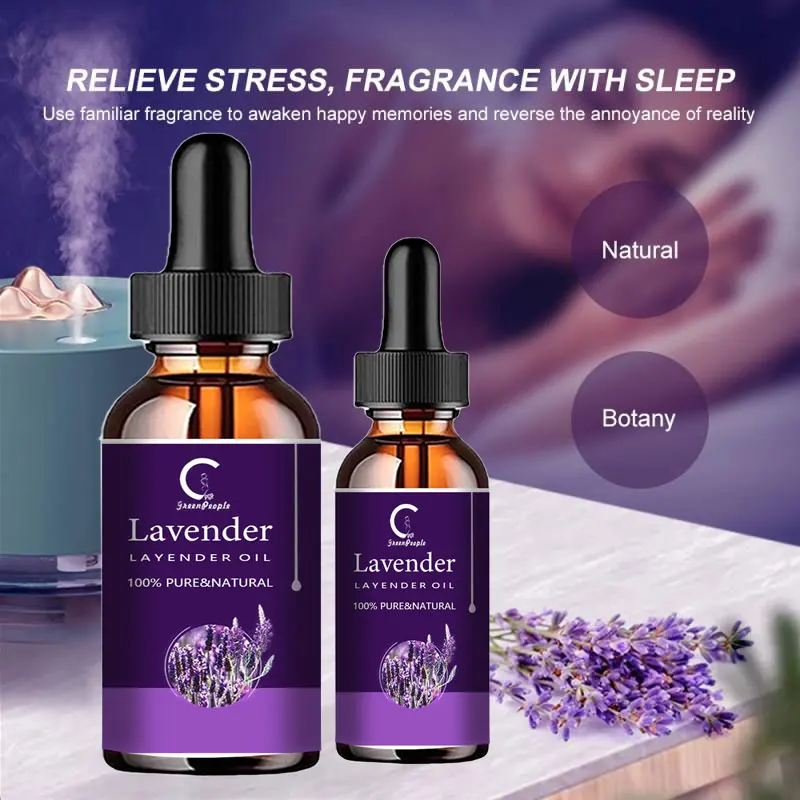

A Holistic Approach to Emotional Health
While herbs can play a vital role in managing negative emotions and their physical effects, a holistic approach is key. Combining herbal remedies with practices like mindfulness, yoga, or journaling can enhance emotional resilience and promote overall well-being. Additionally, addressing the root causes of negative emotions through therapy or counseling can lead to deeper and more lasting healing.
- Mindfulness Practices: Daily meditation or breathing exercises can help you stay present and process emotions constructively.
- Physical Activity: Gentle exercises like yoga or tai chi not only release physical tension but also improve mood through endorphin production.
- Balanced Nutrition: Pairing herbs with a diet rich in whole foods, healthy fats, and lean proteins supports emotional and physical health. Discover herbal-infused nutritional supplements here.
Conclusion
Negative emotions can take a significant toll on the body, but natural herbs offer gentle and effective support for both emotional and physical recovery. By embracing the power of herbal medicine alongside holistic self-care practices, we can create a balanced and resilient foundation for health. Let nature guide your healing journey—one step and one herb at a time. Explore our curated herbal remedies collection now.




Comments are closed.